I wish there was one exact book or website or anything telling me how to prep for English. But I guess that’s the challenge and freedom English brings you, ’cause you just never know how you’ve done till you have your grades before you! Throughout my IGCSE course, I’ve wondered time and again, ‘Will the examiners like what I’ve written? Is my style of writing acceptable? Is it A* worthy?’
Honestly, there’s no correct answer to this. But what I’ve seen helped me throughout was reading lots of storybooks. If you’re not a reader, but IGCSE English Language B is compulsory for you, don’t worry. Just give the English A&B book a read if you have time, note down several important points from (at least that’s what I did, and I’ll add pictures of them soon), read BBC bitesize to get an idea of the formats for Section B. Also remember that although you’re supposed to pick as many points as you find appropriate to the topic from the texts given, you’re also free to add a pinch of your own creativity which will definitely give you an edge over others who don’t. Practice past papers for section A and Essay? Honestly, I don’t have many tips. Just write what comes to you, because, from experience, exam conditions might not be the best place for many creative geniuses.
Overall, my prep for English included going through the English specification, practicing exactly 4 past papers and then matching my answers with those on the markscheme, followed by the Examiner’s Reports. Honestly, Examiner’s Reports help most, along with Exemplar materials available on the Edexcel website.
I also found it helpful to read my own essays and writings (whichever I liked most), because when I was out of practice, these helped me recall exactly how I write and should write, basically showed me where I stood. It might be school assignments or something I’d written for pleasure, but either ways, it was helpful. I also found it helpful to read a book of short stories if I lacked inspiration.
One thing which was disappointing was that I noticed how IGCSE essay topics sometimes coincide with GCE ones. I mean, if we have practiced those essays before then where does that creativity come from? Anyhow, some important points to keep in mind is to:
- Paragraph
- Use a variety of punctuation marks (and appropriately, if I may add)
- Use good vocabulary (but ensure that you’re not unnecessarily verbose/wordy)
- Don’t forget to cross the box next to the essay you’ll be writing on
- Try to make your content bulky by having a variety of points, without repeating any
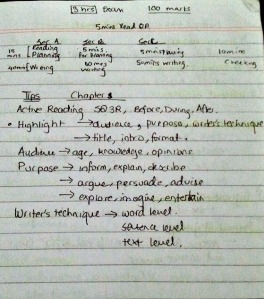
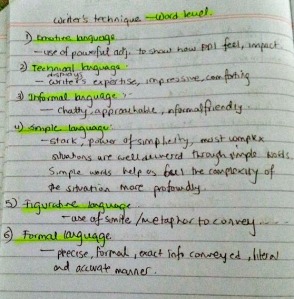
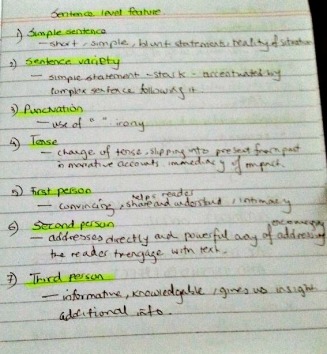
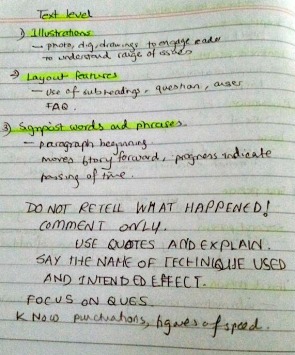
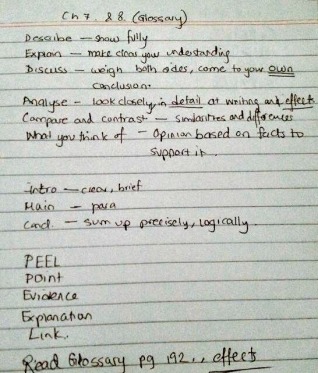
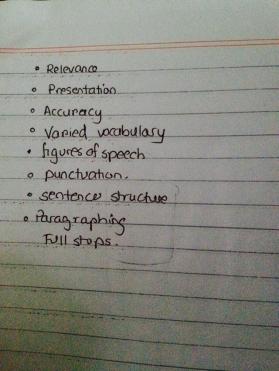
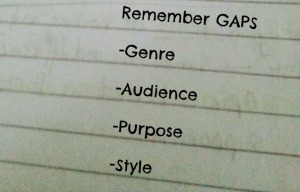
You might also want to check out this site.